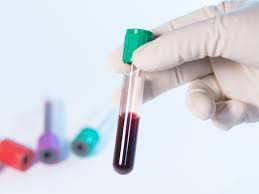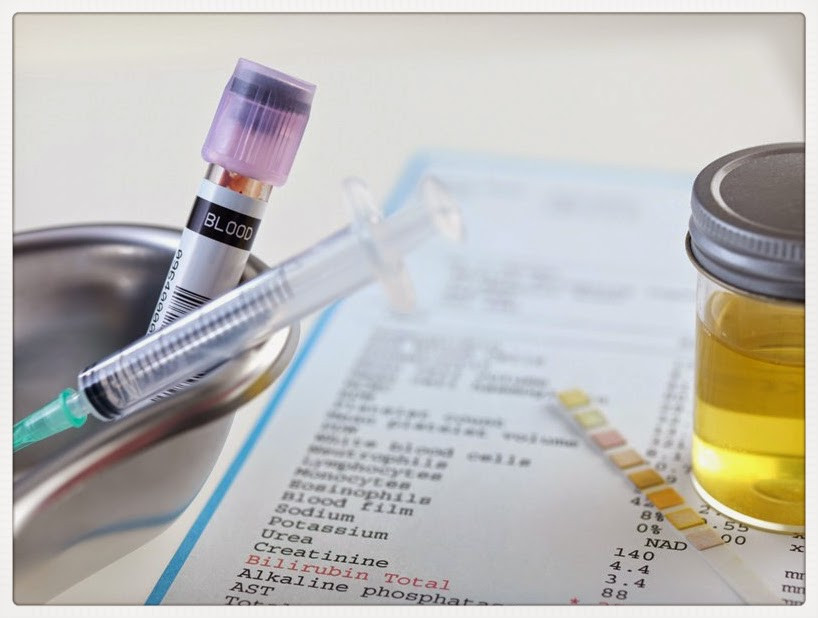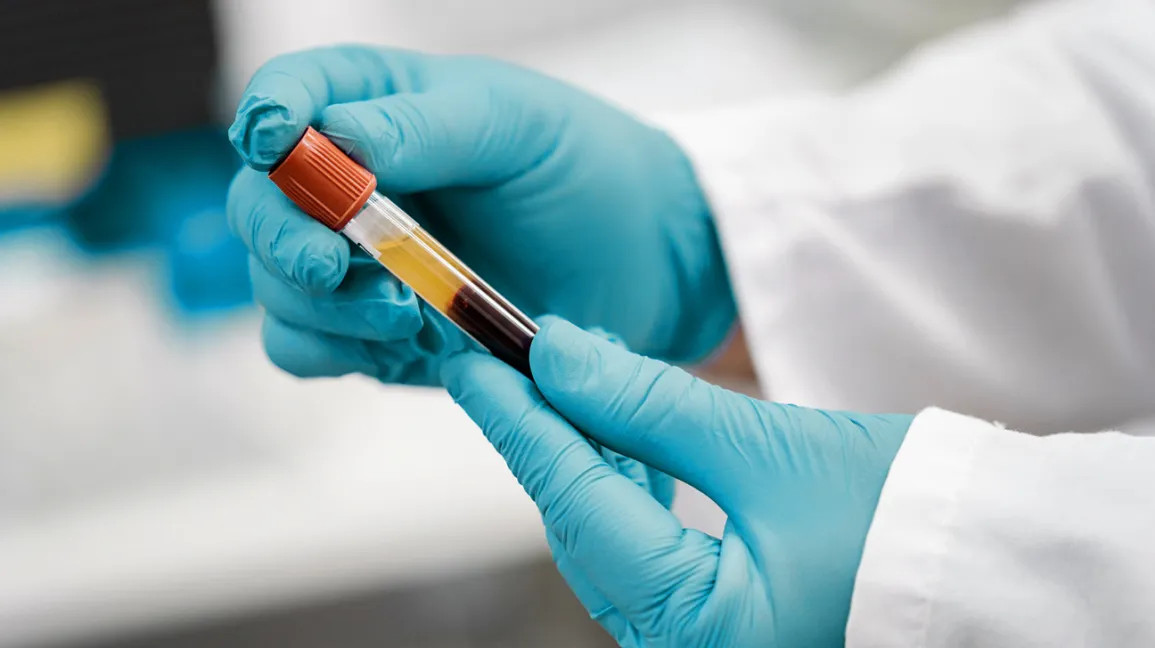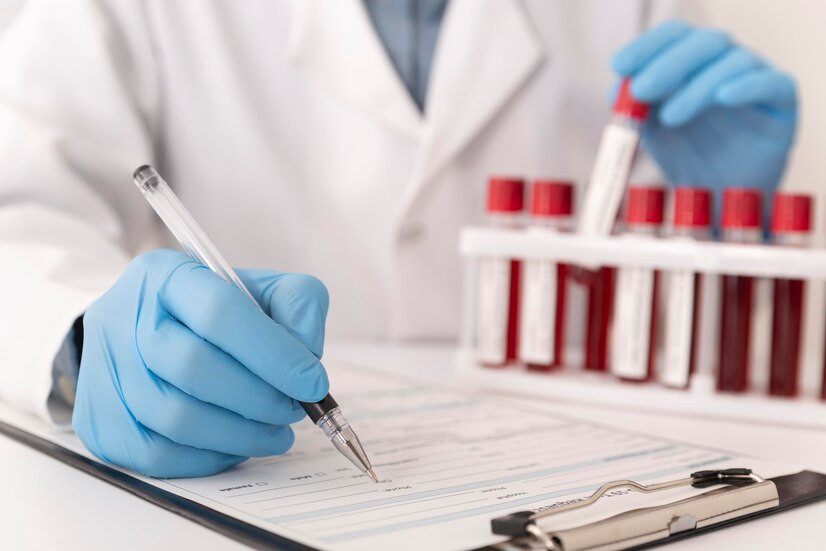Definition
A protein S test measures the concentration of protein S in the blood. Protein S is a substance produced by the liver that plays a crucial role in preventing blood clotting. Working alongside protein C and other proteins, protein S helps reduce the formation of thrombin, a key enzyme involved in blood clotting. Essentially, protein S helps regulate the blood clotting process.
Blood clotting is vital for survival. Without effective clotting, events like childbirth or injury could lead to severe blood loss or even death. However, the clotting process must be carefully controlled. The clotting factors that trigger blood clot formation are constantly present in the bloodstream, but without regulation, they could cause clots to form in the blood vessels, obstructing blood flow.
Multiple proteins are involved in the regulation of blood clotting. Protein S is an essential component of the clotting regulation system. Along with protein C, antithrombin, and tissue factor pathway inhibitor (TFPI), protein S helps limit clot formation and prevents the development of abnormal blood clots.
Indication
A lack of protein S concentration in the body can lead to a rare condition called protein S deficiency, which results in an increased tendency for your blood to clot excessively. Protein S deficiency is typically inherited, meaning it is passed down from parents through an abnormal (mutated) gene that affects the production of protein S in your body.
When protein S levels are low, the risk of developing blood clots rises significantly, including the possibility of a severe condition known as deep vein thrombosis. Deep vein thrombosis occurs when a blood clot forms in the veins of the legs or arms. If the clot dislodges and travels to the lungs, it can lead to a potentially fatal condition called pulmonary embolism. Together, deep vein thrombosis and pulmonary embolism are referred to as venous thromboembolism, a term used due to the close connection between the two and their similar prevention and treatment methods.
Protein S deficiency can vary in severity. In more severe cases, blood clots may form in smaller blood vessels throughout the body, leading to life-threatening complications. This test is often performed when there is a history of unexplained blood clots or if there is a family history of blood clotting disorders.
Additionally, this test may be used to screen relatives of individuals diagnosed with protein S deficiency. It is also sometimes conducted to investigate the underlying causes of recurrent miscarriages.
Contraindication
Contraindications related to blood sampling typically concern conditions in the area where the sample is being collected. For instance, infections in the area where the blood is drawn can increase the risk of introducing bacteria into the bloodstream.
Other conditions that may pose a risk during the blood sampling process include the presence of blood grafts, bruising, or arteriosclerosis (hardening of the arteries).
Preparation Before the Test
No special preparation is required for this test. However, your doctor may advise you to refrain from eating or drinking for a few hours prior to the test, depending on your specific situation.
Certain medications can interfere with the accuracy of blood test results. Therefore, it is important to inform your doctor about any medications, herbal supplements, vitamins, or other supplements you are taking. Your doctor may instruct you to temporarily stop taking certain medications, including blood thinners, prior to the test.
Do not stop or alter your medication regimen without first consulting with your doctor.
Test Procedure
A healthcare provider will collect a blood sample by inserting a small needle into a vein in your arm. Once the needle is in place, a small amount of blood will be drawn into a tube or vial.
You may experience mild to moderate discomfort when the needle is inserted for blood collection. Afterward, you might feel some soreness or notice slight bruising at the insertion site. However, these symptoms usually subside quickly.
Normal and Abnormal Values
The normal range for protein S levels is between 60% and 150%.
Please note that normal ranges may vary slightly between different laboratories, as they may use different methods or units of measurement. It is essential to discuss your test results with your doctor to understand what they specifically mean in your case.
Results and Recommendations (Follow-up Tests)
Protein S deficiency can result in excessive blood clot formation, primarily affecting the veins rather than the arteries.
In addition to being an inherited condition, protein S deficiency can also arise due to other factors, such as pregnancy or certain medical conditions, including:
-
A condition in which the clotting proteins become overly active (disseminated intravascular coagulation/DIC)
-
HIV/AIDS infection
-
Liver disease
-
Long-term use of antibiotics
-
Use of warfarin (a blood-thinning medication)
As people age, protein S levels may naturally increase, but this increase does not typically cause any health issues. To further assess your clotting risks, your doctor may recommend additional tests, including a protein C test. Protein C and protein S work together in the regulation of blood clotting, so examining both can provide more comprehensive information about your clotting function.
Consult the Right Doctor
If the results of your test are abnormal, it is advisable to consult an internal medicine specialist. This doctor will assist in investigating the underlying cause of your condition and determine the most appropriate course of treatment to address it.
Looking for more information about laboratory, radiology, and other examination results? Click here!
- dr Hanifa Rahma
Protein S blood test (no date) Mount Sinai Health System. Available at: https://www.mountsinai.org/health-library/tests/protein-s-blood-test (Accessed: 14 May 2023).
Protein S (blood) (no date) Protein S (Blood) - Health Encyclopedia - University of Rochester Medical Center. Available at: https://www.urmc.rochester.edu/encyclopedia/content.aspx?contenttypeid=167&contentid=protein_s_blood (Accessed: 14 May 2023).
What is the protein S activity test? (2022) WebMD. Available at: https://www.webmd.com/a-to-z-guides/what-is-protein-s-activity-test (Accessed: 14 May 2023).












